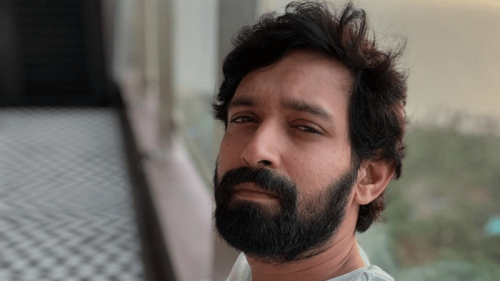Mumbai bomb plotter Yakub Memon hanged





MUMBAI: India on Thursday executed convicted bomb plotter Yakub Memon for his role in a series of co-ordinated attacks that killed hundreds of people in Mumbai in 1993, television stations reported.
Memon was hanged at Nagpur jail in the western state of Maharashtra in the early hours of the morning, according to the NDTV and CNN-IBN news channels, after last-ditch pleas for clemency were rejected.
The Bombay Stock Exchange, the offices of Air India and a luxury hotel were among about a dozen targets of the March 1993 blasts, which killed 257 people in the deadliest attacks ever to hit India.
They were believed to have been staged by Mumbai's Muslim-dominated underworld in retaliation for anti-Muslim violence that had killed more than 1,000 people.
In the days before his execution, it emerged that Memon had helped Indian intelligence crack the case and establish a link to neighbour and arch-rival Pakistan over the bombings.
“It's extremely sad that India has gone ahead, we had been hoping India will now call for a moratorium,” said Meenakshi Ganguly, South Asia director for Human Rights Watch. “But it's very welcome that now there seems to be a growing debate around this in India.”
In a sequence of events, a Supreme Court panel held an unprecedented hearing in the early hours of Thursday, before rejecting Memon's last-ditch plea for a 14-day delay in execution. Several previous pleas had also been rejected.
Execution of Yakub Memon cruel and inhuman: Amnesty International India
Amnesty international India said that the execution of Yakub Memon marks another disappointing use of death penalty in India.
“This morning, the Indian government essentially killed a man in cold blood to show that killing is wrong,” said Aakar Patel, Executive Director, Amnesty International India. “This execution will not deliver justice for the 1993 Mumbai blasts. It is a misguided attempt to prevent terrorism, and a disappointing use of the criminal justice system as a tool for retribution.”
Activist groups raised several concerns regarding the execution, including issues of whether courts considered all relevant circumstances during Memon's sentencing as well as his detention.
“Indian authorities often find it convenient to hold up capital punishment as a symbol of their resolve to tackle crime, and choose to ignore more difficult and effective solutions like improving investigations, prosecutions and care for victims’ families,” said Aakar Patel.
Memon, a former accountant by profession, was the only one of 11 people convicted over the atrocity to have his death sentence upheld on appeal. The sentences on the others were commuted to life imprisonment.
He has denied any involvement in the blasts during a staggered trial and appeal process that has bitterly divided opinion in India and led to calls from rights activists and an ex-judge for his life to be spared.
Former Supreme Court judge Harjit Singh Bedi had said the Supreme Court should take notice of reports that Memon had co-operated with investigators and returned voluntarily from Pakistan, where he fled after the blasts.
Others pointed out that his brother Tiger Memon was alleged to have masterminded the attacks, along with Mumbai gang boss Dawood Ibrahim. Both have been on the run since 1993.
Memon and two other brothers were convicted in 2006 by a specially designated court, using controversial anti-terror legislation that was introduced after the attacks that is no longer on the statute books.
Read more: Campaign to save Mumbai blasts case convict gains momentum
Mastermind on the run
Executions are only rarely carried out in India, but President Pranab Mukherjee has rejected a number of mercy pleas in the past three years, ending a de facto eight-year moratorium.
The lone surviving gunman from the 2008 Mumbai attacks was hanged in 2012, while a Kashmiri separatist was executed in New Delhi the following year after being convicted of involvement in a deadly 2001 attack on the Indian parliament.
The Memon family left for Dubai in the days before the 1993 bombings, but all except Tiger were arrested when they returned to India the following year.
Eight members were charged over the attacks, all of whom denied any role in the atrocity. Memon's father died during the long-running legal proceedings, three were acquitted and three others are serving life in prison, including Yakub's sister-in-law Rubina Memon.
The attack also embroiled Bollywood star Sanjay Dutt, who is serving a prison sentence for buying weapons from gangsters accused of orchestrating the bombings.
Memon was convicted by a specially designated court under the draconian Terrorist and Disruptive Activities (Prevention) Act, which was promulgated immediately after the 1993 bomb blasts.
The act lapsed two years later and was never revived, after activists accused the government of using it to harass Muslims.
Read more: Who is afraid of Yakub Memon?










































